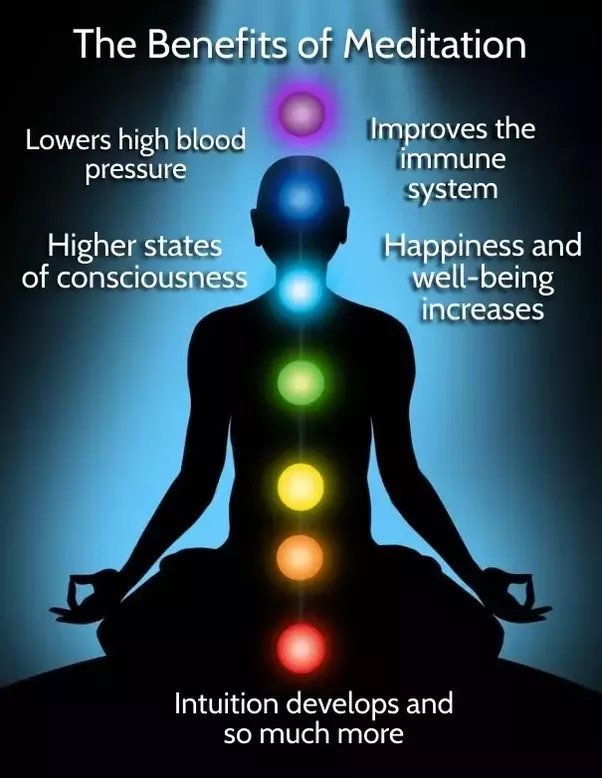The Way Meditation Enhances Memory and Learning Ability
Students are always looking for strategies to improve their memory and learning skills in today's environment of nonstop interruptions, intense academic expectations, and information overload. Although caffeine and all-nighters may provide immediate benefits, science indicates that meditation is a far more effective and long-lasting remedy.
Indeed, the basic act of concentrating and sitting still has a significant impact on the brain. Let's discuss how meditation might be a secret weapon for students seeking to boost their learning abilities and improve their memory.
1. Enhances Concentration and Attention
One of the hardest things about learning is maintaining your attention. Meditation, especially mindfulness meditation, teaches your mind to remain in the moment. Studies demonstrate that even a few minutes of daily meditation can enhance attention span and cognitive control, which in turn makes it easier to concentrate during study sessions and learn information more effectively.
Tip:
Concentrate on your breath for 5–10 minutes every day with focused attention meditation to see effects in a matter of weeks.
2. Boosts Working Memory
The capacity to retain and process information in your thoughts over short durations is known as working memory. Test-taking, critical thinking, and problem-solving are all essential. Particularly in pupils experiencing stress, frequent meditation has been demonstrated to improve the ability and effectiveness of working memory.
Science-Based:
According to a study published in Consciousness and Cognition, those who meditated for only two weeks had considerably better working memory scores than those who did not meditate.
3. Reduces Stress and Anxiety
Stress impairs recollection. Anxiety can impair the brain's capacity to retrieve and retain data. By lowering the amount of cortisol, the stress hormone, meditation helps your brain stay calm and concentrated.
Meditation enhances memory, test results, and learning retention by calming the neurological system.
4. Fosters Brain Plasticity
The capacity of your brain to create and rearrange synaptic connections is known as neuroplasticity. Meditation encourages the formation of gray matter in brain regions related to memory, learning, and emotional control, such as the hippocampus and prefrontal cortex.
In the long run, this results in improved long-term memory formation, quicker learning, and increased cognitive flexibility.
5. Enhances the quality of sleep
A good night's sleep is necessary for memory consolidation. By soothing the mind and body, meditation helps you get a better, more peaceful night's sleep. Students who meditate frequently say that their sleep is higher quality, which has a direct bearing on how well they learn the following day.
6. Enhances Self-Awareness and Emotional Intelligence
In addition to boosting emotional control and self-awareness, meditation can help you comprehend the impact of your thoughts and feelings on your learning. By promoting a healthier perspective toward studying, this self-regulation can help to lower procrastination and bad self-talk.
How to Begin Meditating
Sitting for hours or becoming a monk is not necessary. Easy steps to start are listed below:
Start with five minutes each day.
Use apps like Insight Timer, Headspace, or Calm.
Concentrate on your breath or repeat a calming mantra.
Make it a habit—little things add up.
Last Words
Not only does meditation help you relax, but it's also a brain-enhancing technique that improves your memory, concentration, and readiness for more effective learning. Integrating meditation into your daily routine can be a game-changer for academic performance, whether you're studying for exams or attempting to learn new material.
Therefore, take a big breath, shut your eyes, and allow your mind the clarity it merits.


Post a Comment
0Comments